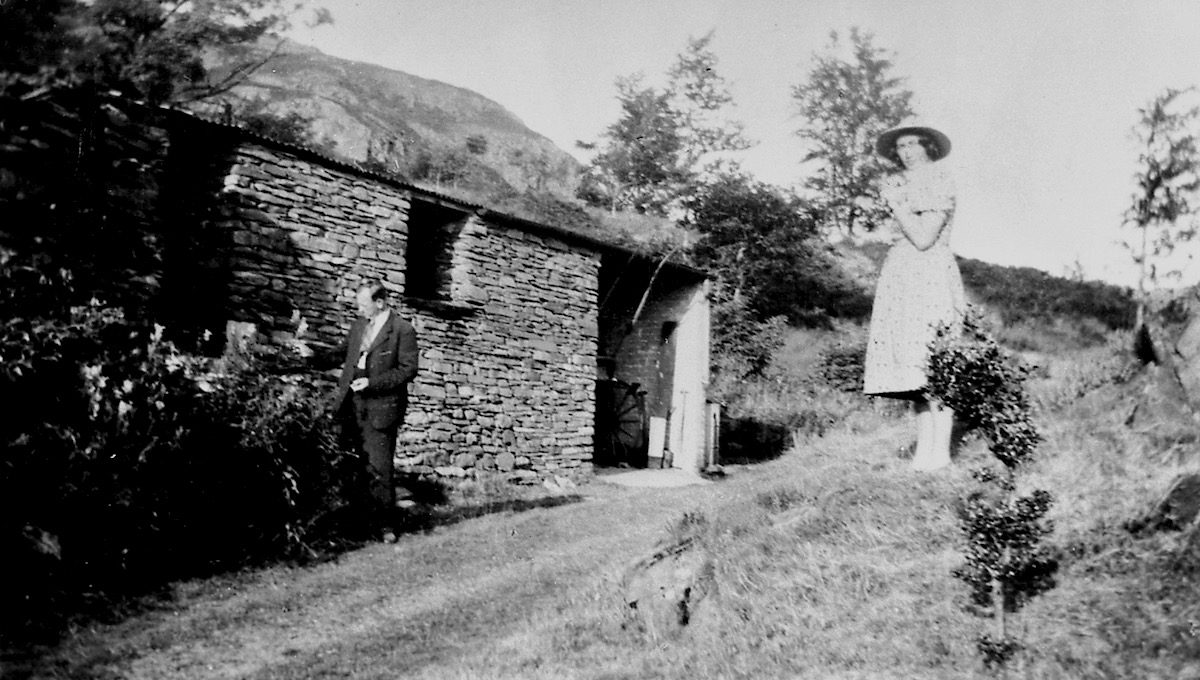Kurt Schwitters’ Merz Barn in Cumbria is in danger of being sold off on the open market as Arts Council England have refused the project funding three times. This on the 70th anniversary of Merz Barn and also the 80th anniversary of the Nazis’ declaration of war on all modern art, the infamous Entartete Kunst campaign – and few in the art world seems to really care..
Funding could jeopardise the future survival of the world famous Merz barn project in Cumbria
UK art critic Charlotte Higgins first flagged up concerns that the Arts Council’s withdrawal of Arts Lottery funding in 2012 could jeopardise the future survival of the world famous Merz barn project in Cumbria:
Rachel Cooke a respected London art critic also wrote an excellent piece about the Kurt Schwitters Merz Barn project to coincide with the Tate Britain Kurt Schwitters exhibition in 2013.
We had been hoping that the Kurt Schwitters Merz Barn exhibitions at the Royal Academy and Tate Britain might have persuaded them to change their mind.
Arts Council England did give some funding for a consultancy ‘Future of the Merz Barn’ report in 2014-15. But they have now rejected the report’s
recommendations – saying that the project would not qualify for Arts Lottery capital funding (because the Schwitters wall art work had been taken out, etc.), and have advised that the
4 hectareMerz Barn4-hectarehistorical gardens should now be sold off on the open market. (see option ‘Z’ in the letter under)

In order to keep the project going the two retired (pension age) artists, in their 70s and early 80s, who currently look after the Merz Barn have been forced to use up their
savings and meagre pensions incomes to keep the project afloat. In fact it got so bad last year that they also had to sell off one of our own homes to prevent the Merz Barn for being sold last year, following the bad damage after Storm Desmond.
Zaha Hadid came to the rescue of Kurt Schwitters’ Cumbrian Merz Barn in 2016 It was the late Zaha Hadid who very generously came to the project’s aid and, via her gallery in Zurich, contributed £25,000. The Arts Council were unmoved, however, and even declined a modest request for c. £5,000.
Having been turned down by the Arts Council three time so far, the Trust has recently applied for the fourth time for some Arts Lottery funding to support the project and fund the
70th anniversary exhibitions, schools and public events programme, but given the rather negative feedback they’ve been getting form the Arts Council recently they feel that they
should prepare for the worst case scenario, and look seriously at selling the Merz Barn on the open market.
Sir Nicholas Serota, who recently left the Tate to take on the Chairmanship of the England Arts Council is fully aware of the situation but has so far made no comment.
What a sad way for us in this country to now ‘honour’ the 70th anniversary (1947 – 2017) of the artistic legacy of one of the greatest pioneer Dada era artists
of the 20th century in Britain, who found refuge from the Nazis here in Britain, and where his Cumbrian Merz Barn project continues to attract increasing local, national and international interest and support.
“The Merz Barn is a uniquely inspiring monument in the UK: a work of art, a piece of autobiography, and a historic document, being a kind of memorial to the upheavals of the first half of the 20th century in Europe. That it remains so little known to a wider public is greatly to be lamented and there is no doubt that it deserves greater recognition in this country, as indeed does its maker, Kurt Schwitters, and his connection with the UK. This leading artist of the Modern era spent a significant part of his career here and yet goes relatively unrecognised alongside the likes of Henry Moore and Barbara Hepworth, with whose artistic production Schwitters’ is surely equal.
The excellent work already done by the Littoral Trust has bolstered the profile of this deserving artist, and fully support its proposals for the restoration of the Merz Barn site, which will allow a yet greater pool of artists, designers and architects to be inspired by Schwitters’ work and provide a centre from and around which Schwitters scholarship will rightly flourish”. – Professor Deborah Swallow, Märit Rausing Director, The Courtauld Institute of Art (27/11/2015) Ian Hunter Merz Barn project Director www.merzbarn.net

